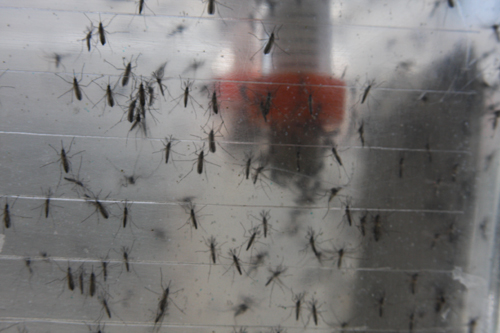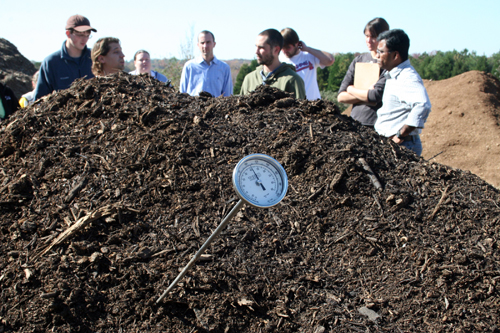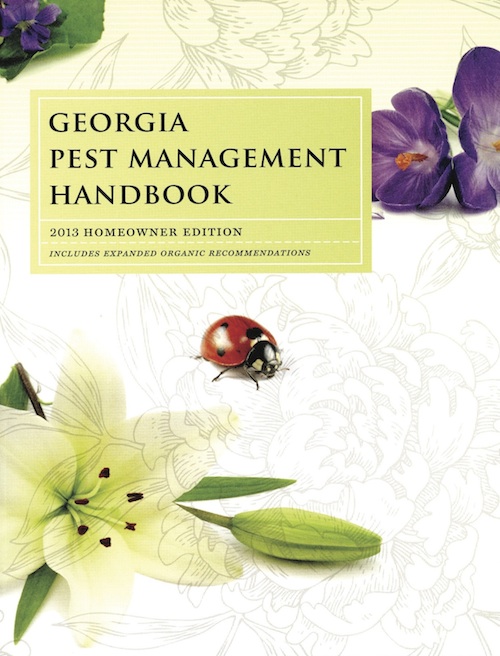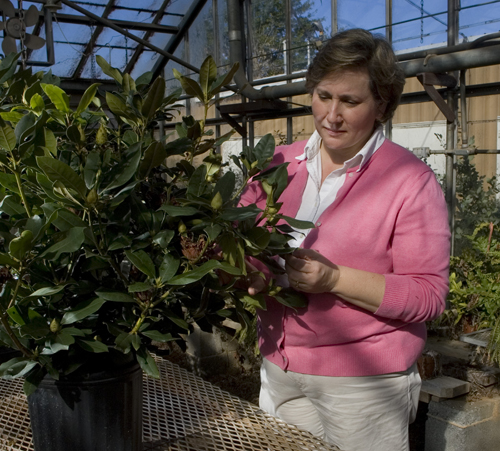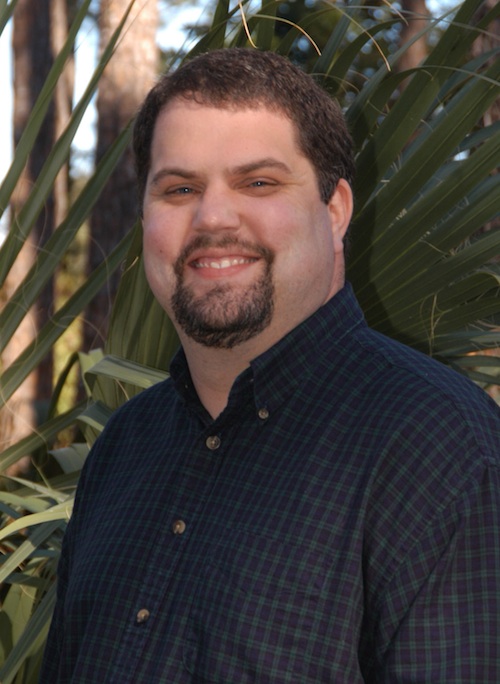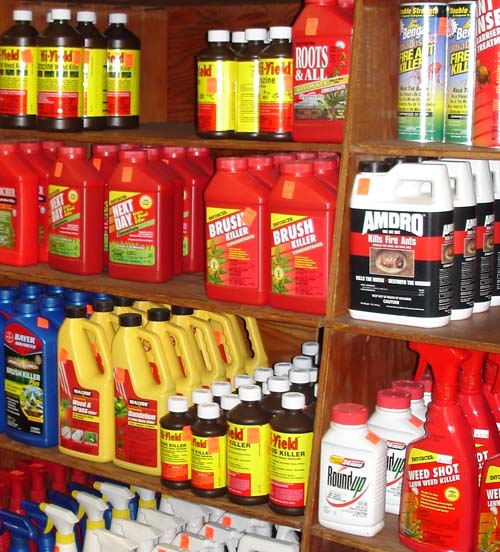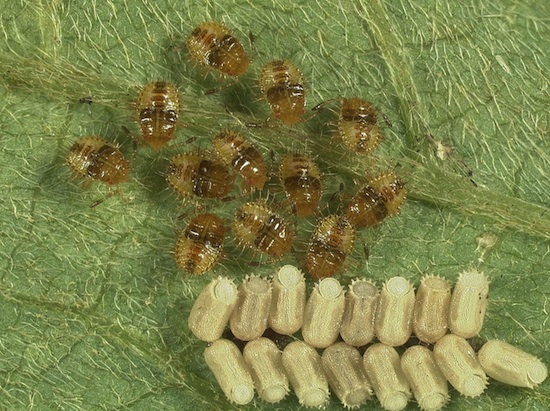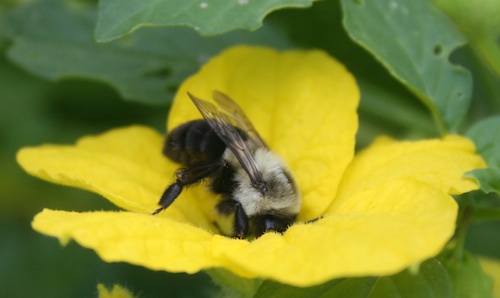 CAES News
CAES News
Protect the pollinators
You may be suffering like I am from the over-abundance of pollen. Before you curse the air as you pop in another anti-histamine, remind yourself to be thankful for that pollen. It helps provide the food, fiber and many other products we use every day.

